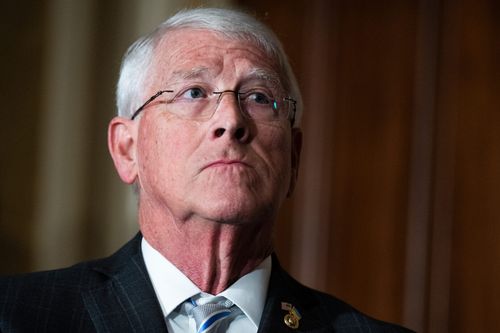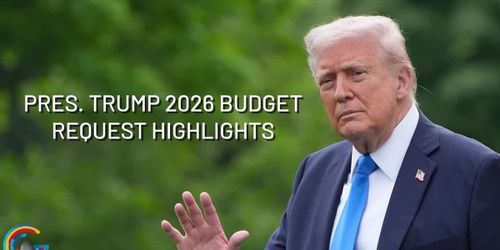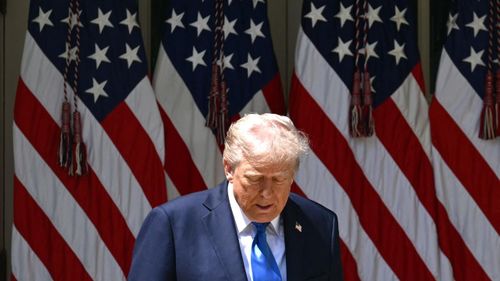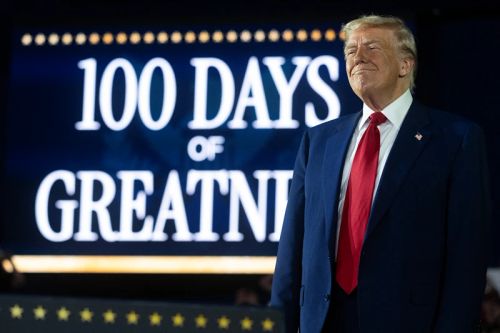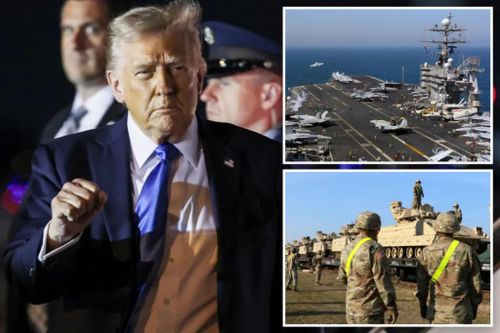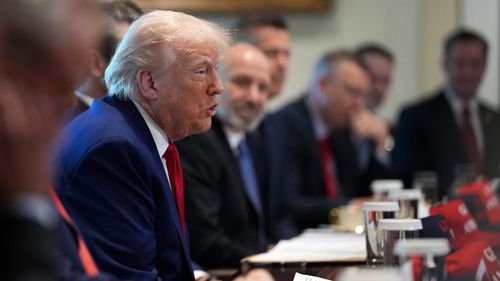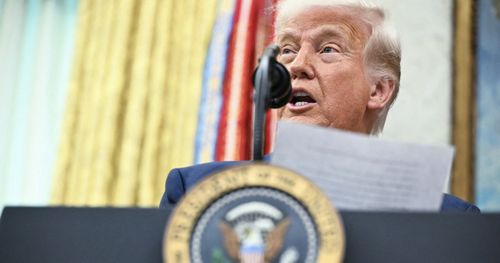White House unveils reconciliation-augmented fiscal 2026 budget
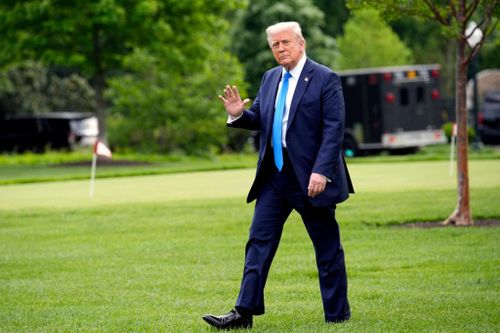
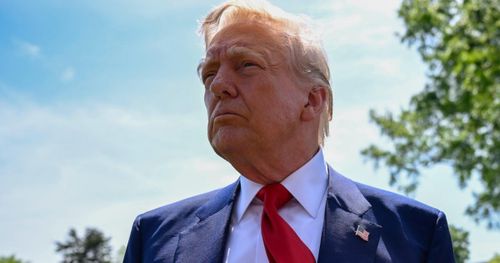
The president's proposed budget for fiscal year 2026 would slash non-defense discretionary spending by $163 billion from current levels, the official told reporters on a conference call Friday, while defense spending would surpass $1 trillion for the first time ever. The president's budget proposal, along with efforts by the White House and Republicans to claw back some federal funding already authorized by Congress, would solidify cuts championed by the White House's Department of Government Efficiency, known as DOGE. "This is a pretty historic effort to deal with the bureaucracy that you have heard and seen such action from our administration with DOGE to be able to deal with the bureaucracy that we believe has grown up over many years to be entrenched against the interests of the American people," the senior OMB official told reporters on a conference call Friday, speaking on condition of anonymity.
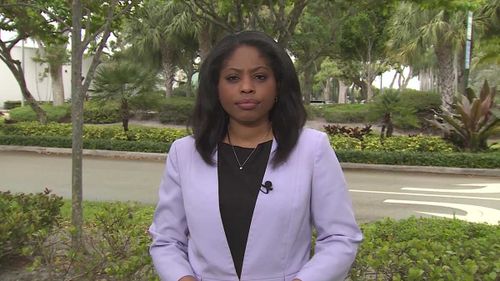
Senior officials with the White House Office of Management and Budget unveiled President Donald Trump's $1.7 trillion budget proposal for the next fiscal year. The president wants significant cuts in non-defense spending while increasing funding for national security.

Trump released a budget proposal for the upcoming fiscal year Friday morning, which asks Congress to approve slashing non-defense discretionary spending 22.6% below fiscal year 2025 levels. Trump’s request to reduce this spending to its lowest level since 2017 builds on the Department of Government Efficiency’s cost-cutting initiatives to root out government waste and downsize the federal government. White House Office of Management and Budget (OMB) director Russ Vought said Friday the government programs that the White House is proposing to cut were “tilted toward funding niche non-governmental organizations and institutions of higher education committed to radical gender and climate ideologies antithetical to the American way of life” in a letter to Senate Appropriations Committee chair Susan Collins. Collins replied in a statement emailed to the DCNF on Friday characterizing the budget request as late and detailed several “serious objections” the senior appropriator has to the president’s budget proposal. “Ultimately, it is Congress that holds the power of the purse,” Collins wrote.


